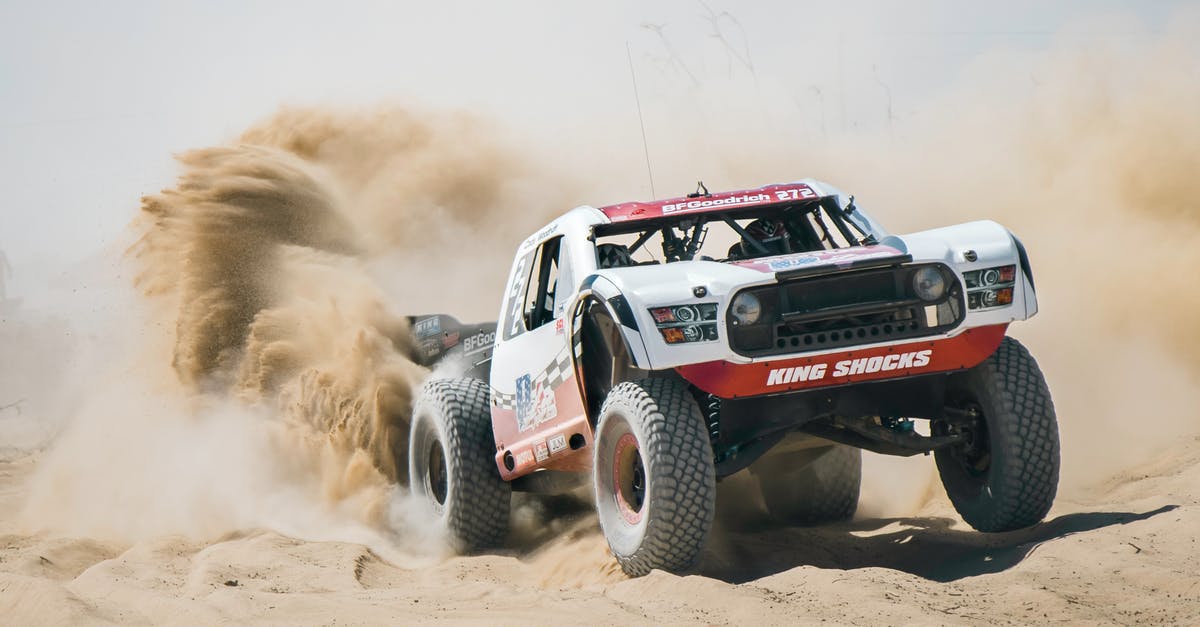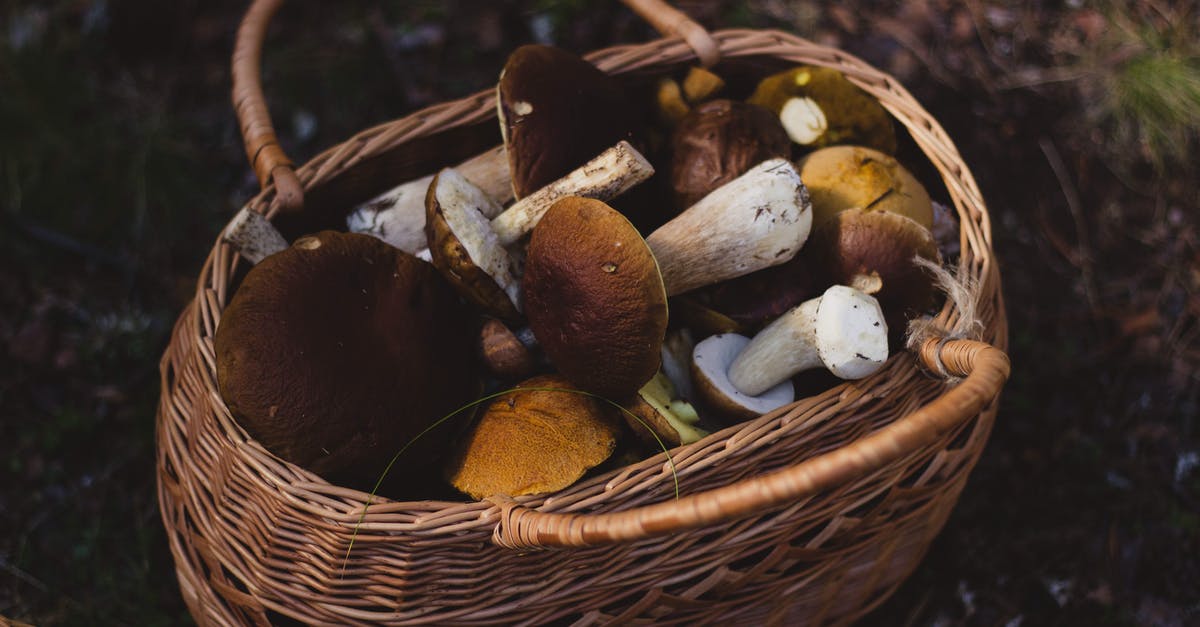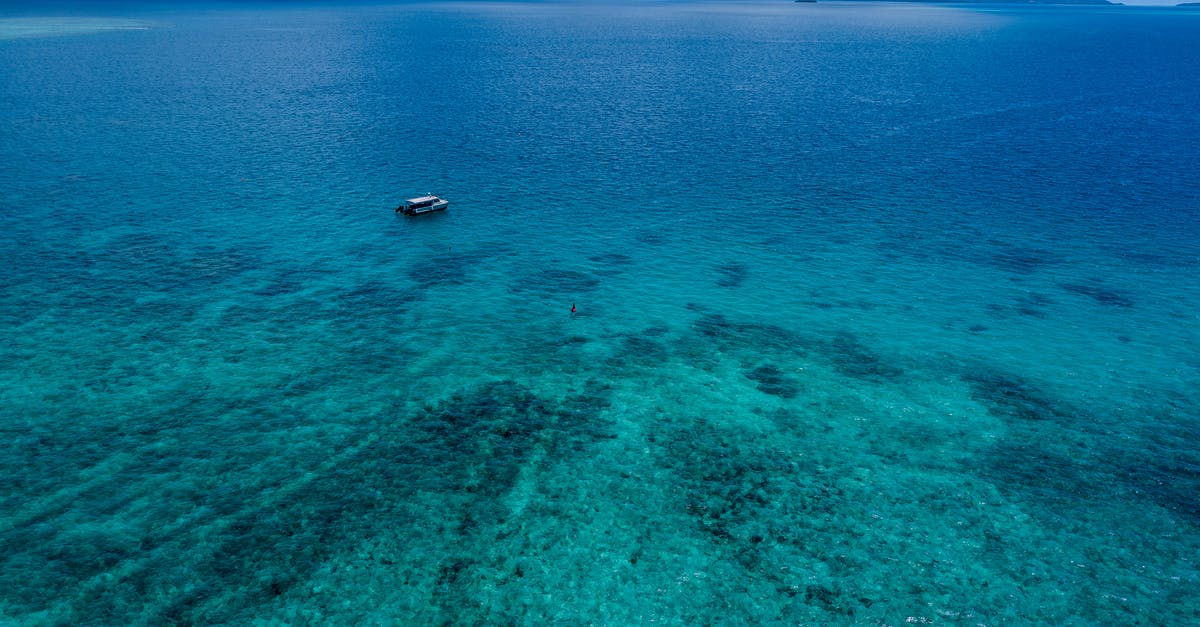Brining vs Salting - what's going on?

The issue of whether or not to salt a steak in advance is ancient, but I think it's fair to say that there is at least some consensus that salting meat is associated with drier steak, because of the moisture that the salt draws out. For other cuts/meats, it seems to be a more complex issue.
As somebody who watches lots of cooking videos online but is by no means a cooking expert, I can't help but notice a recent trend in brining meats of late - along with sous vide, it seems like the "in" thing right now.
So my question is: what is the science/logic behind this, and how is it that salt water seems to have the opposite effect (i.e. adding moisture/improving meat) than just normal salt marinating? Why does salt water add/help retain juiciness/flavour/moisture, but regular salt takes away?
I've seen all sorts of things being brined - from pork chops, to fried chicken, to roast duck. I can't imagine you'd brine beef or lamb but... I have no idea. Enlighten me please!
Best Answer
The question starts with an inaccurate assumption. Salt does NOT necessarily result in "drier steak." Salting a steak will draw some moisture out of the outermost layer of meat initially. That's true. However, salt also helps to break down the outer muscle structure of the meat. Thus, within 10-15 minutes after meat is salted, water will actually start moving back into the meat, and after somewhere around 45 minutes to an hour, all of that "lost moisture" will be reabsorbed. (I covered all this in more detail, with some links, in an answer to a previous question.)
If you use a rub and allow the salt to penetrate at least an hour or so, you won't lose moisture and will actually end up with a more flavorful outer layer of meat.
And yes, salt used long-term, like in dry-curing, will eventually dry out meat more. Salt attracts water, so it will gradually draw water out of meat, but then the water on the surface will evaporate. Thus, the salt will draw out even more moisture to the surface, eventually drying and curing the meat. But this is a process that happens over days, weeks, and months, as water migrates much more slowly internally within meat.
As for brining, the reason why it increases moisture is because physical and chemical systems like to come to equilibrium. Higher salt content outside the meat means that the salt will gradually flow ("diffuse") inside the meat to equalize the concentration. But salt is attracted to the water molecules it is dissolved in (the same reason it draws out moisture in dry curing), so water comes along with it, thus carrying in moisture. In the case of curing, there's no water for the salt to carry in with it, so you just end up eventually with a dry, salted hunk of preserved meat. But in brining, there's excess water, so it's attracted and follows the salt inward. The process is largely diffusion, but osmosis plays a role too. (And I've also said way more about this in another answer.)
Pictures about "Brining vs Salting - what's going on?"



Do you still salt meat after brining?
Do you season after brining? You can absolutely season your meat after brining. Keep in mind that the brine is very salt-rich, so you won't need to add any extra salt. Feel free to season with your favorite dry rub after brining.Does brining make meat taste salty?
Nope. Brine's saline content has nothing to do with how salty the finished product will be, it's way more scientific than that. Salinity, depending on its strength, partially dissolves meat's muscle fiber (that which makes it tough), making it tender.Why do chefs brine meat?
Typically around thirty percent of a protein's moisture is lost during cooking \u2013 the brining process helps prevent this. When submerged in a brine, the salt in the solution means the meat not only absorbs some of the extra water but also retains it whilst cooking, resulting in a juicier texture.Do you wash the salt off after dry brining?
Don't Rinse It Off Once the dry-brining waiting period is up, there is no need to rinse off the surface of your food. The meat will not be overly salty, and rinsing the surface with water will undo all of the surface-drying achieved by the dry-brine process. That, in turn, will prevent browning.Rock Salt vs Liquid Brine. What's Better?
Sources: Stack Exchange - This article follows the attribution requirements of Stack Exchange and is licensed under CC BY-SA 3.0.
Images: Diego Rodriguez, Benjamin Suter, Valeria Boltneva, Damon Hall
